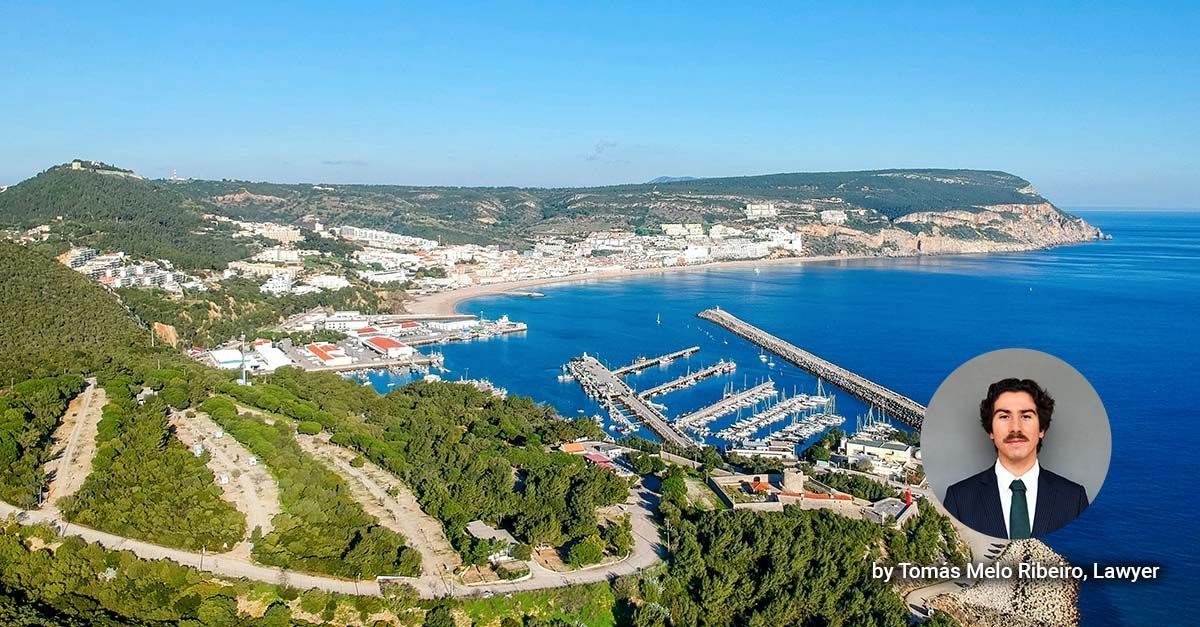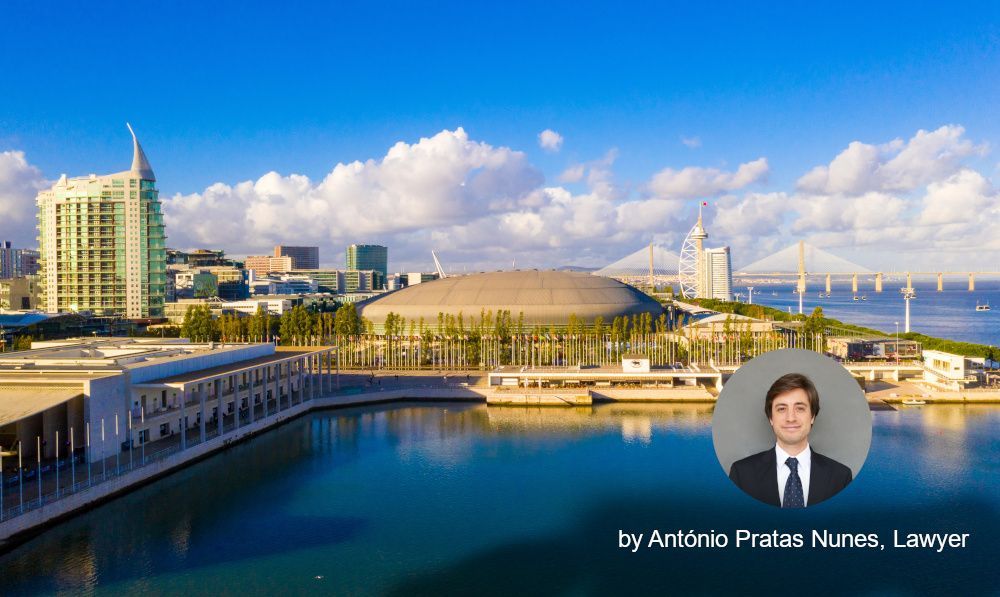“Cracks in Dreams”: Addressing Construction Contract Defects in Portugal

Margarida Tempera | Lawyer
Imagine stepping into your newly completed home, the one you meticulously planned and dreamed about, only to discover that your “happily ever after” is marred by a leaking roof, by walls that could double as modern art with their cracks, or by a foundation that appears to be on a slow descent into oblivion. Welcome to the unsettling world of construction defects, where the line between dream and disaster can blur faster than the paint on your damp walls.
Fortunately, Portuguese law offers a lifeline to homeowners facing these challenges, with robust protections designed to hold contractors accountable. But like any good plot twist, there is a catch: understanding your rights and acting swiftly is essential.
Construction contracts in Portugal operate on a foundational principle that we might call “quality assurance by design”, a commitment enshrined in Article 1207 of the Civil Code that ensures that contractors are not just selling a structure but also a promise that the final product will meet agreed-upon standards, defining a construction contract as an agreement where one party undertakes to execute a specific work for a price.
Essentially, when a contractor tells you your house will stand tall for years, the law ensures that this is not just a sales pitch.
Nevertheless, defects can and do arise, whether it is a leaking roof, a sinking foundation, or hidden flaws revealed only after you have settled in, and property owners are entitled to remedies, as in Portugal, construction contracts are governed by a simple yet profound principle: “built to last". And no, this is not just a catchy slogan made to impress, it is enshrined in Article 1225 of the Civil Code, which places clear responsibilities on contractors when the construction, modification, or repair of buildings or other immovable properties intended for long-term use results in defects, partial or total collapse, or issues caused by soil conditions or errors in execution, granting a five-year warranty starting from the moment of delivery (or within any agreed-upon warranty period) during which the contractor is held liable for the damages suffered by the property owner or even a third-party buyer.
Within this period, you can demand repairs at the contractor’s expense, request a price reduction or, in extreme cases, terminate the contract altogether.
But what if your "small crack" turns out to be a much bigger problem down the line?
Enter Decreto-Lei n.º 84/2021, a 2021 legislation that extended protections available to property owners by introducing a ten-year warranty, applied specifically to consumer relationships and for defects that affect the structural integrity and safety of a building.
In simple terms, if you purchased your property from a developer or builder, you are covered for a decade. However, if you commissioned the construction yourself and dealt directly with the contractor, the five-year warranty still applies.
These timeframes of five or ten years may seem generous, but they come with a catch: you must act within these periods to enforce your rights, as letting the clock run out without taking action can leave you without recourse, no matter how legitimate your claims may be.
Timing, as they say, is everything, and when it comes to construction defects, delays can cost you dearly.
When defects go beyond what can be fixed with a hammer and some goodwill, terminating the contract might be the only viable option.
Termination, however, is not something to take lightly, as under Portuguese law, it is reserved for cases where defects are so severe that the contractor cannot or will not fix them, effectively breaching their contractual obligations. For instance, if your contractor abandons the project halfway through, repeatedly delivers subpar work, or outright refuses to correct defects, you may have grounds to terminate the contract.
But do not think you can simply wave goodbye and move on, as terminating a construction contract requires a clear paper trail which involves notifying the contractor of the defects in writing, setting a reasonable deadline for corrections, and documenting any failures to comply. If they still refuse to act, you can escalate the matter to mediation, arbitration, or even court proceedings.
The legal pathways for resolving construction disputes in Portugal are designed to offer flexibility, stipulating mediation and arbitration as faster and less formal alternatives to court proceedings, that can lead to resolutions without dragging everyone through a lengthy legal battle. However, if these alternatives do not suit the dispute, the courts are there to enforce accountability.
With proper documentation and legal support, you can secure compensation, enforce repairs, or both.
No one builds a perfect home on the first try, and things will inevitably go wrong. The key is not to accept those flaws as your new normal.
With the right legal knowledge and a solid legal team behind you, you can turn a nightmare project back into the dream you initially envisioned.
So, the next time a contractor brushes off your concerns with a dismissive "it is just a cosmetic issue", remember that you have rights. Whether you are battling a leaking roof or a shaky foundation, the law is your ally, and you do not have to settle for less than what you were promised because, after all, the only cracks you should worry about are in your designer kitchen backsplash, not in the foundation that is supposed to support your life.
Dealing with construction defects may feel like an uphill battle, but with the right legal support, you can reclaim your dream home and your peace of mind.
At the end of the day, a home is not just a place to live, it is a place to rest easy, knowing it was built to last.
If you are facing an issue regarding a construction contract in Portugal, feel free to
reach out to us. We are here to offer the legal help you need.











